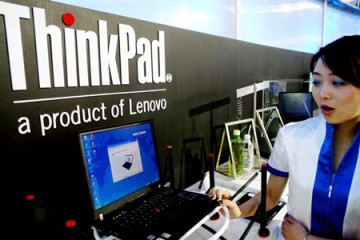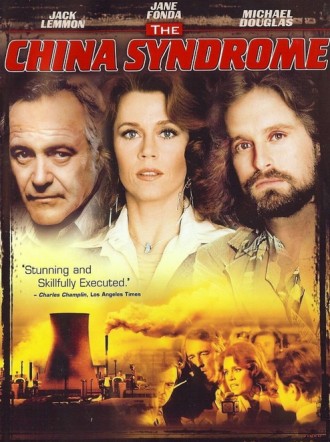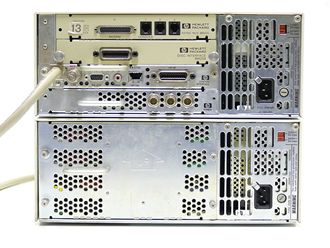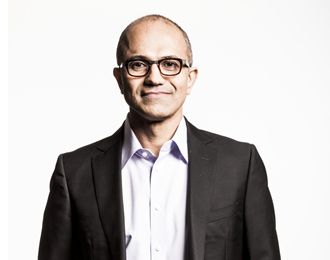 Lenovo reported a 19 percent jump in profit in the second quarter, but revenue fell short of what the cocaine nose jobs of Wall Street expected.
Lenovo reported a 19 percent jump in profit in the second quarter, but revenue fell short of what the cocaine nose jobs of Wall Street expected.
Quarterly revenue rose seven percent to $10.5 billion, but sales from its mobile device division fell six percent to $1.4 billion.
The ThinkPad maker tightened its hold over global PC sales even as the broader market shrunk. Sales of both laptops rose 0.9 percent and desktops sales increased by 6.4 percent.
Net profit was $262 million, exceeding the $260 million expected by analysts.
The company additionally named Jerry Yang, the Yahoo co-founder, to its board of directors. Yang, who is also an Alibaba Group Holding Ltd director, formerly served as a Lenovo board observer.
On October 1, Lenovo bought IBM’s low-end server business. Of the transactions, Lenovo said that the acquisition will make Lenovo the third largest player in the global and the number one player in the China x86 server market.
“This has enabled Lenovo to capture the significant growth opportunities in the enterprise hardware systems space,” a spokesLenovo said.



















